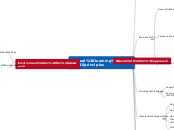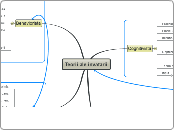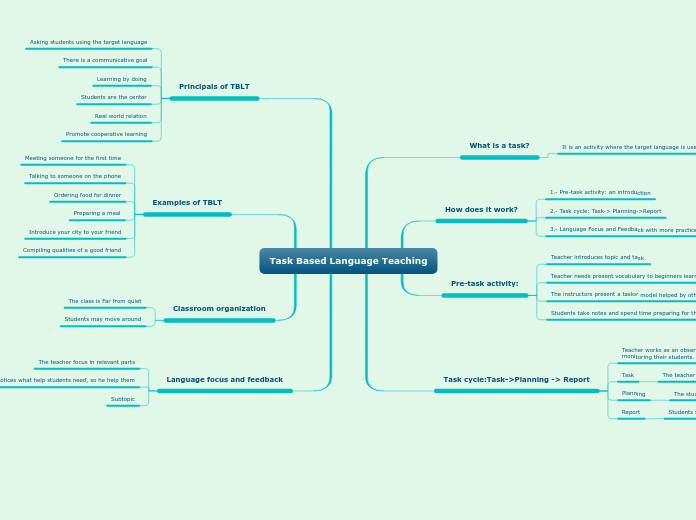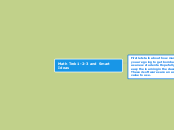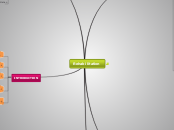General learning
principles
Environment in the classroom
Helping with being social
Organize the classroom in a
way that would make it easy to
work in groups and in a cooperative way
Remove barriers and design a friendly classroom
Strategies to reduce stress and anxiety in classroom
Didactic
approach
Lesson planning and importance of routine
Efficient routines make it easier
for students to learn and achieve more.
Multisensory approach
Helps learners discover their learning style and
the techniques best for them
Different teaching methods activate
different parts of the brain
Integrates visual, auditory, tactile (touch)
and kinesthetic (movement) learning elements
Effective for all learners but particularly
effective for dyslexic students
Classroom organization
Written transfer of information
Give the student organizers - graphic organizers, checklists,
subtitles, outlines etc. that assist
with written work and assignments
Use diagrams, graphics and pictures
to augment what students say in words
Dosing information
Break learning into small steps
Adjusting seat plan
Providing feedback
Communicate regularly about progress
and strategies for improvement
Supply regular, quality feedback
Evaluation
Exercises and correction
Encourage self-correction by the student.
Report errors by category.
Avoid notional questions.
Prefer structured exercises.
Prefer multiple-choice questions.
Compensative instruments
Allow the use of maps in both
written and oral tests.
Provide compensatory tools
(e.g. in the case of SLD speech
synthesis tools, spell checkers, verb tables, etc.).
General advices
Avoid exams in the last
few learning hours.
The tests should be customized
in time and content without
limiting the qualitative part.
Set a timetable of the tests
with the other teachers.
Helping to set goals
SMART strategy
A checklist stating
what needs to be
done and what's
needed to do it is very helpful.
TIME-BOUND
REALISTIC
ACTIONABLE
MEASURABLE
SPECIFIC
